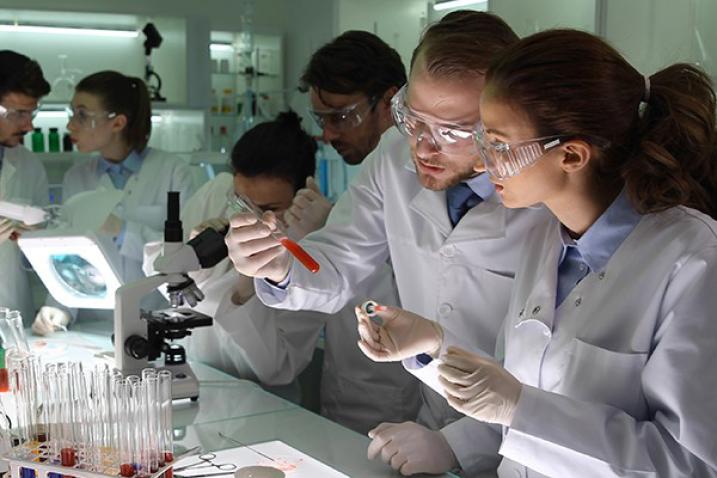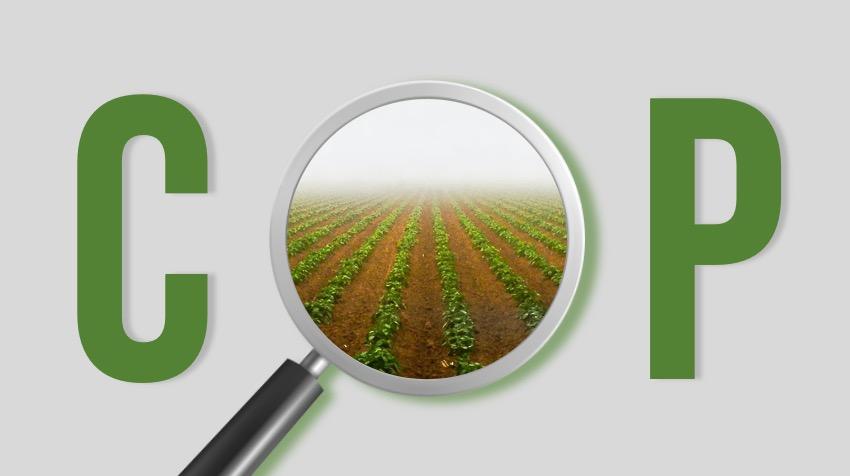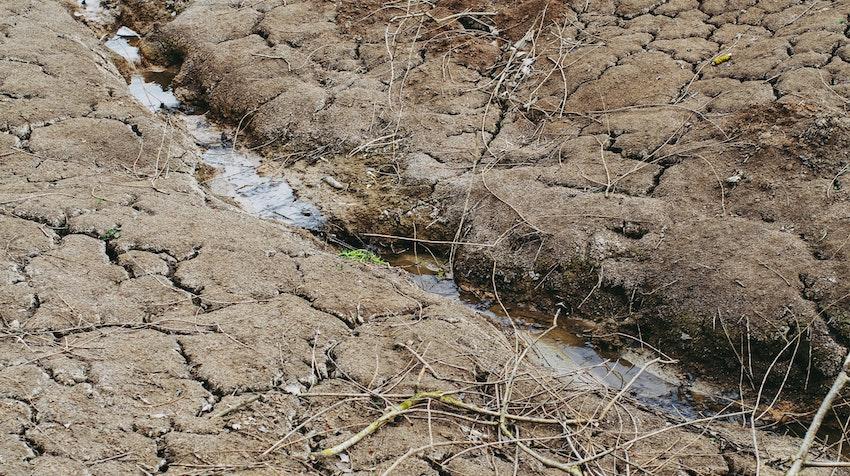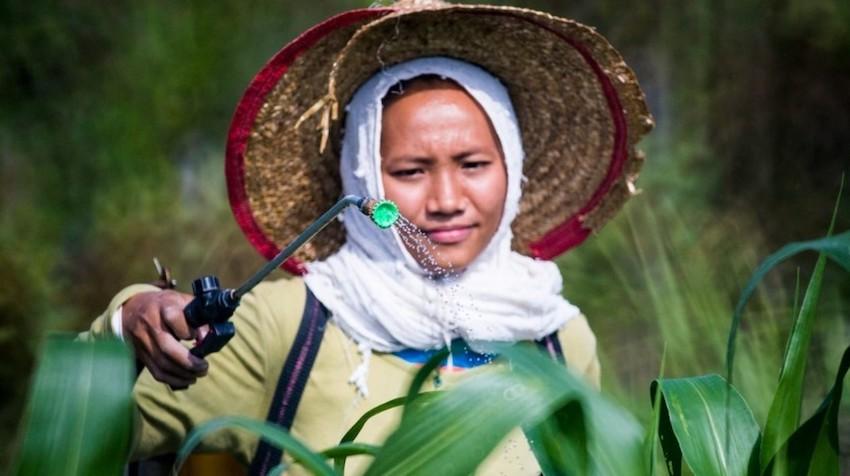MONDAY, 27 JULY 2020, ROME – The first meeting of the UN Food Systems Summit’s Scientific Group has taken place. This Group of leading experts from across diverse disciplines including natural sciences, agronomy, ecology, natural resources, nutrition, and social sciences will inform the Summit’s content.
Discussions of the Group’s first meeting underlined the impact of COVID-19 in exposing fragilities in food systems and the urgent need for transformation and the participatory engagement of worldwide science communities with multiple stakeholders.
Scientific and technical fields intersect with food systems, from agriculture, agronomy and climate science, to food safety, nutrition and health. The Scientific Group is to develop a base of expertise, strengthen connections and contribute to the overall Food Systems Summit agenda.
“The Summit must serve as a turning point in the world’s journey to reach the objectives of the 2030 Agenda for Sustainable Development, and the Scientific Group plays a key role as we bring forward bold, evidence-based actions and innovative solutions that serve a more equitable future for generations to come,” said Dr. Agnes Kalibata, UN Special Envoy to the Food Systems Summit.
Joachim von Braun, Chair of the Scientific Group and a professor at Bonn University, emphasized the Group’s terms of reference. He said: “The group plays a core role in ensuring the Summit brings to bear the foremost scientific evidence from around the world, building on shared knowledge and experience to drive forward more sustainable, inclusive and equitable food systems.”
Three vice chairs of the Group are Kaosar Afsana, Professor at the James P. Grant School of Public Health at BRAC University (Bangladesh); Louise Fresco, President of the Executive Board at Wageningen University and Research (Netherlands); and Mohamed Hassan, President of The World Academy of Sciences (Sudan).




